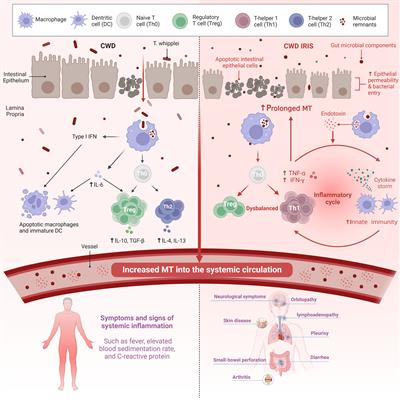EDITORIAL
Published on 09 Sep 2024
Editorial: Systemic inflammation in severe infectious diseases
doi 10.3389/fimmu.2024.1483682
- 415 views
- 1 citation
21k
Total downloads
64k
Total views and downloads
You will be redirected to our submission process.
EDITORIAL
Published on 09 Sep 2024
ORIGINAL RESEARCH
Published on 23 Apr 2024
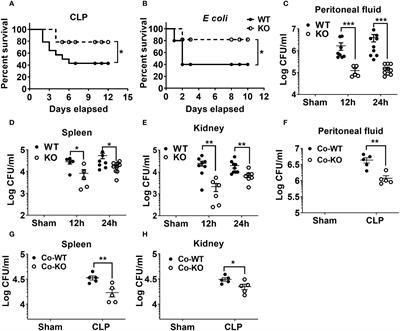
ORIGINAL RESEARCH
Published on 18 Mar 2024

SYSTEMATIC REVIEW
Published on 18 Mar 2024

ORIGINAL RESEARCH
Published on 13 Mar 2024
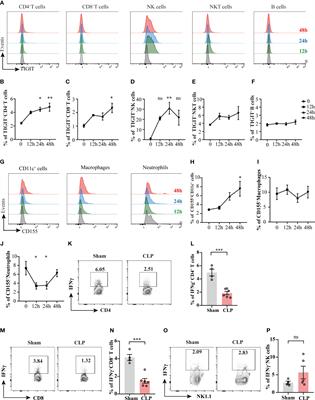
ORIGINAL RESEARCH
Published on 07 Feb 2024
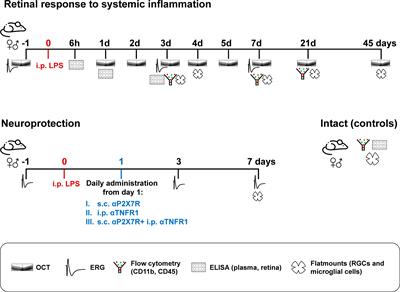
CASE REPORT
Published on 06 Feb 2024
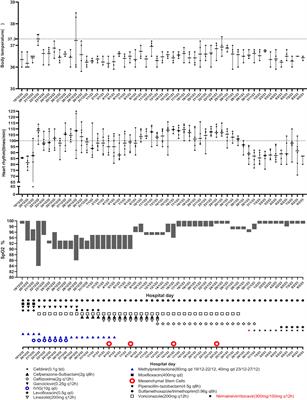
ORIGINAL RESEARCH
Published on 25 Jan 2024
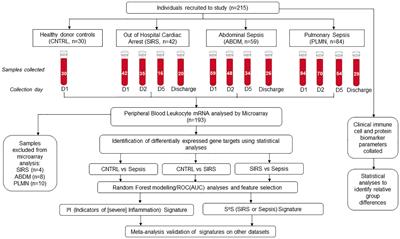
ORIGINAL RESEARCH
Published on 12 Jan 2024

ORIGINAL RESEARCH
Published on 22 Dec 2023
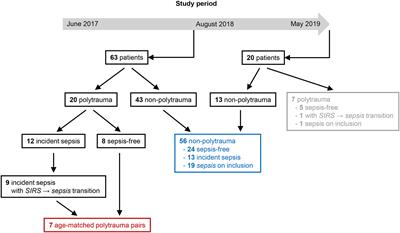
REVIEW
Published on 03 Nov 2023

REVIEW
Published on 13 Oct 2023
